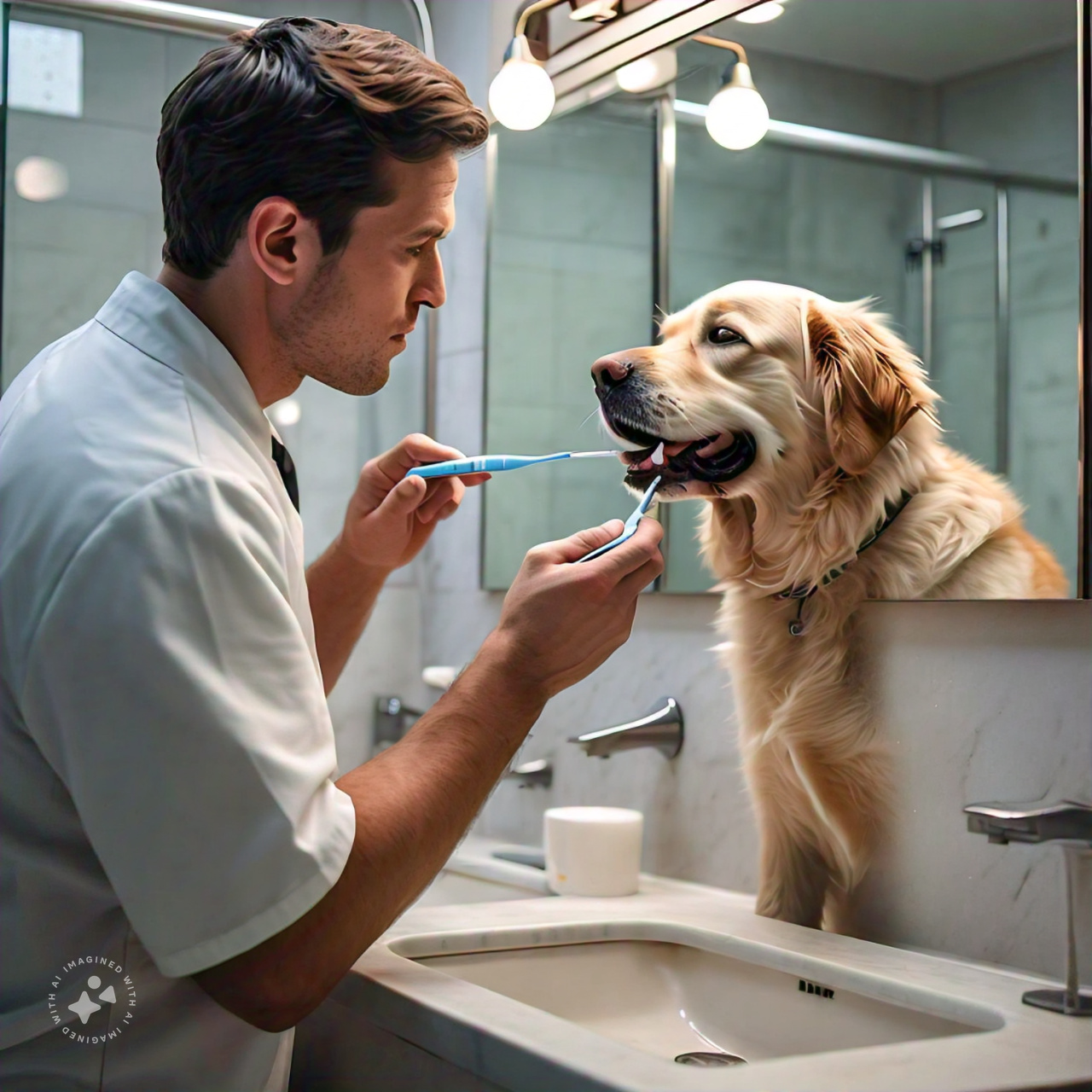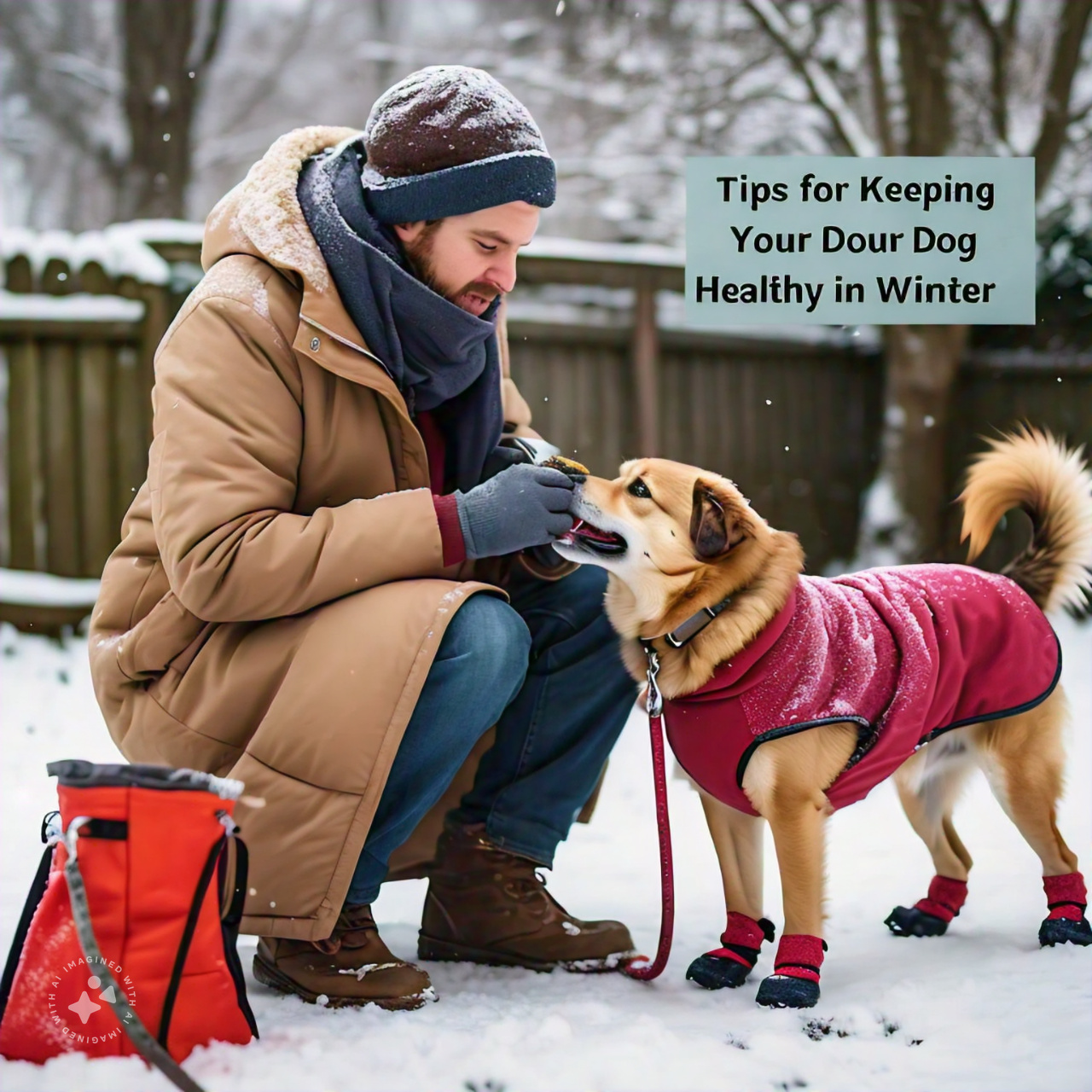Winter Care for Pets: Essential Tips to Keep Your Pets Cozy and Safe
November 11, 2024 | by smartsitemonetizer@gmail.com

As winter approaches, it’s crucial to provide extra winter care for pets to ensure they stay healthy and comfortable. Cold temperatures, shorter days, and changes in the environment mean your furry friends will need special attention to thrive in the winter months.
1. Adjust Their Shelter for Winter Comfort
One of the first steps in winter care for pets is making sure they have a warm, dry, and cozy place to rest. For outdoor pets, create a shelter with sufficient insulation, keeping it elevated and ensuring there’s a door flap to block out the wind. Indoor pets may need softer, warmer bedding to curl up in.
2. Keep an Eye on Their Food and Water
During the winter, pets may require extra energy to stay warm, which means they may need additional calories. Consult your vet to find the best diet plan. Ensure fresh, unfrozen water is available at all times, as staying hydrated is just as important in winter as it is in summer.
3. Protect Their Paws and Skin from Harsh Conditions
The cold ground, snow, and ice can harm your pet’s paws. Apply a protective paw balm to keep their pads moisturized and safe from frostbite. Grooming is also essential during winter as it helps their coat retain warmth. Remember to dry your pet thoroughly after they come in from outside to prevent skin irritation.
4. Adjust Walking Times and Outdoor Activities
While exercise is important, it’s best to avoid prolonged outdoor activities during extreme cold. Aim for shorter, more frequent walks, and consider walking during the warmer parts of the day. Investing in a pet jacket or sweater can help provide additional warmth, especially for smaller or short-haired breeds.
5. Watch for Signs of Hypothermia and Frostbite
Cold weather conditions can put pets at risk for hypothermia and frostbite. Look for warning signs such as shivering, lethargy, or pale, bluish skin on exposed areas like the nose and ears. If you suspect your pet is suffering from frostbite or hypothermia, seek immediate veterinary care.
6. Be Mindful of Hazards Unique to Winter
Winter brings potential hazards such as antifreeze spills, rock salt, and ice melts, which are dangerous for pets. Keep these chemicals out of reach, and wipe your pet’s paws after walks to avoid ingestion of toxic substances. Using pet-safe products around your home can also contribute to safer winter care for pets.
7. Give Extra Attention to Senior Pets
Older pets or those with arthritis may feel increased joint pain due to the cold. Consider providing joint supplements, a heated pet bed, or even a gentle massage to help alleviate discomfort. Winter care for pets should be tailored to each pet’s age and health condition, ensuring their comfort and well-being during colder months.
RELATED POSTS
View all



